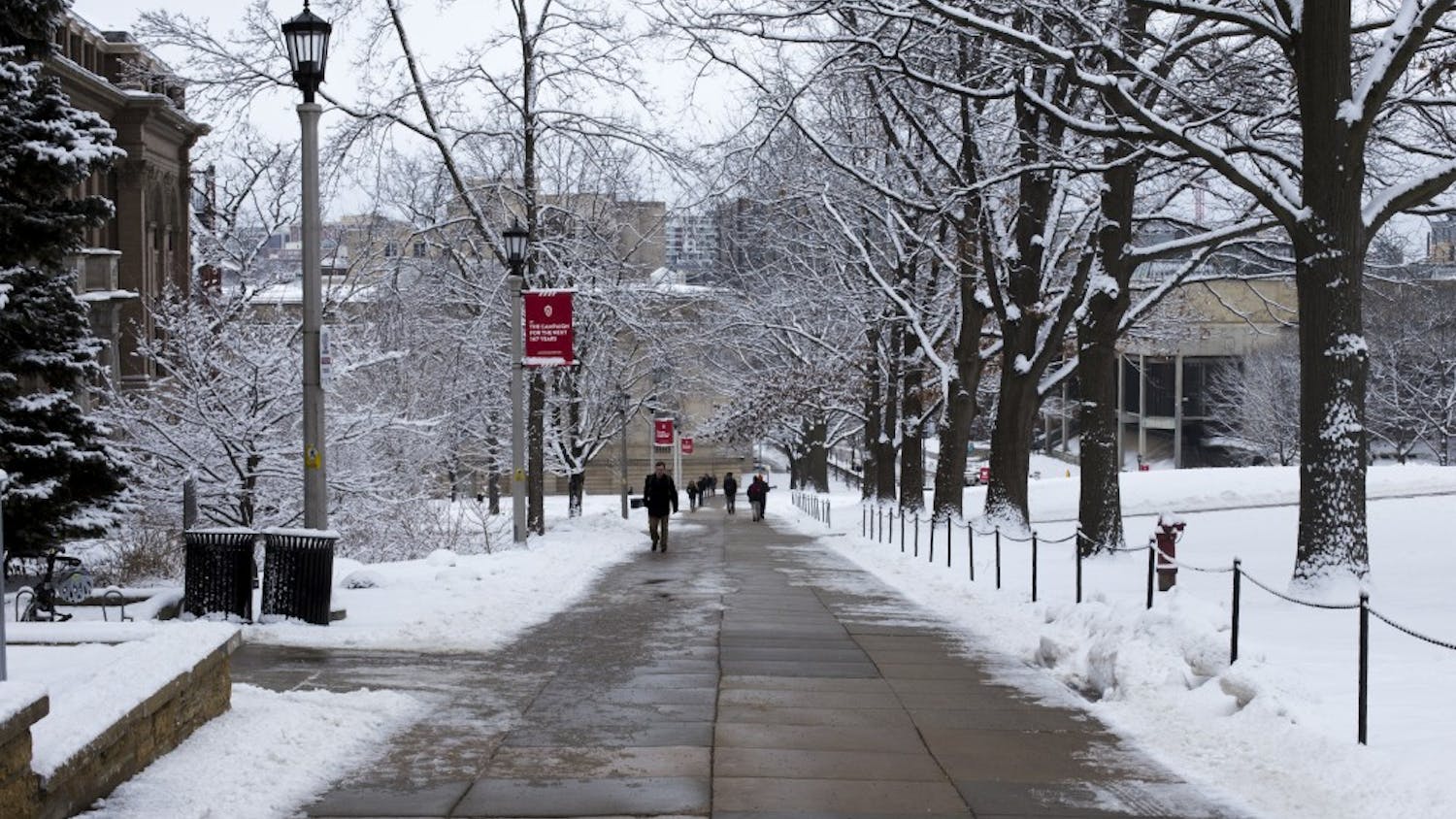Many American college students, afflicted by wealth, over-consumption and SUVs long to give something back. Our wealth stands in stark contrast to the rest of the world. When we look around, we see poverty and injustice surrounding us. And so we look for various ways to help those in need and to assuage our own consciences.
Volunteer programs abound for Americans to travel abroad and give their time and energy to any number of causes. We wonder if one person can really make a difference, and that question may remain unanswered, but this questioning of effectiveness does not deter our effort. Sarah Wick, a junior at UW-Madison, grappled with this question during her three- month stay in Villa El Salvador, Peru.
Anxious to leave the country for a part of her junior year, as many college students are, Sarah did not speak enough Spanish to participate in a study abroad program but wanted a more meaningful experience than that of a tourist.
She found what she was looking for with an agency called Cross Cultural Solutions. CCS is a nonprofit organization that sends volunteers abroad to provide humanitarian assistance with their volunteer-work programs. CCS offers programs in countries such as China, Ghana, Peru and Russia.
According to CCS's Volunteer Programs Web site, programs \give volunteers from all over the world the opportunity to come face to face with global issues and become part of productive solutions."" The programs focus the majority of their work on heath care, education and social development.
After paying the $3800 program fee that covered her room, board and daily transportation for three months, Sarah was on her way to Villa El Salvador.
Villa El Salvador, built on desert land on the outskirts of Lima, is ""what we would consider a shantytown, stereotypically speaking,"" Sarah said.
The residents, however, call their home a pueblo joven, which means ""young town."" Although equipped with running water and electricity, Villa El Salvador still suffers from a kind of endemic poverty that most Americans aren't intimately familiar with.
In recent years, the community has established a few schools for children with developmental disabilities.
Sarah volunteered as a classroom aide in one of these schools. Naturally, the school was not immune from the poverty affecting the rest of the community. The classrooms didn't use any electricity because it was too expensive and the resources were also limited. If the students were out of glue or the teacher needed a new eraser, parents were asked to provide these items, and they did so in a communal spirit, Sarah said.
As an elementary education major, Sarah wanted to spend time in a classroom and improve her Spanish. The 13 students in the class ranged from 6 to 12 years old. Historically, these children have been at a distinct disadvantage in the Peruvian educational system, Sarah said.
""In the indigenous communities they kind of shunned people who had disabilities or they acted like they were normal,"" she said. ""There wasn't a special place for them so that they could learn on their own terms.""
Establishing a connection with her students and co-workers was both the most rewarding and challenging task Sarah faced, she said. No one at the school spoke English and until she was almost through with the program, Sarah said she was unsure whether her presence had made any difference.
""Because you can't communicate as well as you would in English, I wondered if they really enjoyed my presence here, or wanted me to be here,"" Sarah said. ""But when I left, it was amazing that we had reached that kind of connection where they were really sad that I was leaving.""
As a volunteer, Sarah had the opportunity to see if one person truly can make a difference. Volunteering provides both local people and volunteers an outlet for cultural exchange and education. Sarah said she feels the education she provided her students was reciprocated, and then some.
""I would go into work every day and say 'I'm getting more out of this than they are,'"" Sarah said.
Maybe it's not a matter of who benefits more from volunteering, but a matter of how. Sarah returned from Peru in December armed with a new perspective on both Peruvian culture and American culture.
""So many of us don't realize what we have' and I know that it's so clich??d' but you really don't realize what we have until you've been put in a context where people really don't have things,"" Sarah said.
Ultimately, the students and community she left behind also benefited from her presence.
""If you get to know the people and who they are, then you are a benefit to them because it's exposure; they don't get to see people beyond what's surrounding them.""
Sarah is beginning fund-raising efforts on campus and in Madison to send money to her old school because according to Sarah, ""anything, they would be thrilled to have."" Maybe the answer can be found one person at a time.





